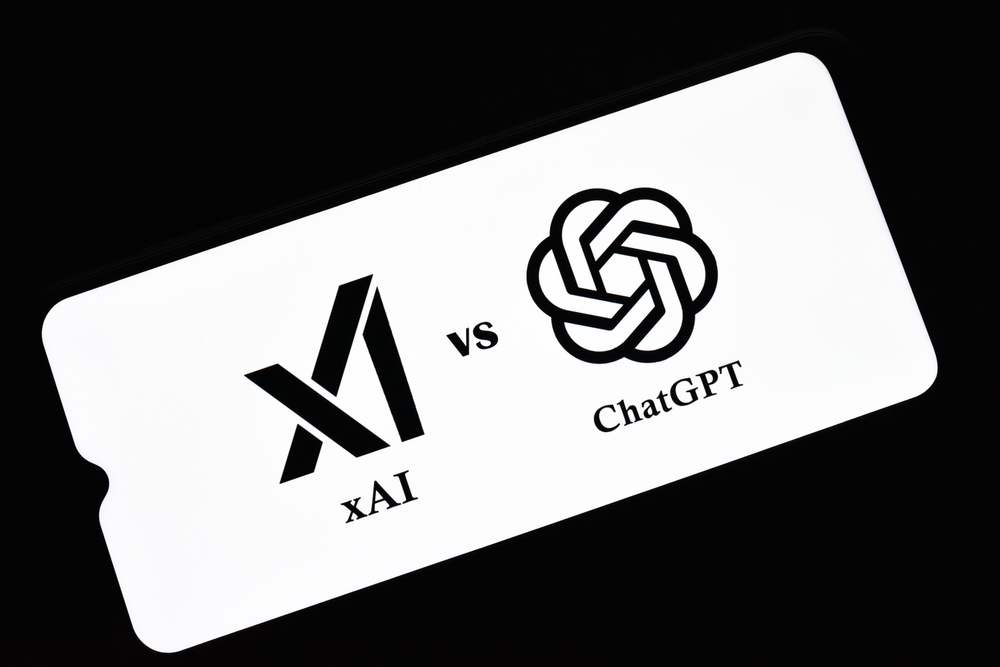A court hearing is set to unfold this week in San Francisco, where OpenAI’s interests are poised to challenge Elon Musk’s lawsuit alleging the nonprofit’s departure from its principles. Representatives of the defendant assert that Musk is distorting facts, basing his accusations on legally nonexistent provisions, and promoting his own competing startup.

Allegations and Counterclaims
OpenAI representatives, as cited by Bloomberg, assert that Musk’s reproaches for the organization’s alleged abandonment of its altruistic principles are rooted in falsehoods, constituting nothing more than “historical revisionism” aimed at advancing his competing startup. Musk’s lawsuit, filed in March, included charges that OpenAI partnered with Microsoft, to which the defendant responds that Musk himself departed from OpenAI several years ago after failing to establish dominance within the organization. They argue that he now seeks to exploit OpenAI’s success for his commercial interests.
Legal Standing and Obligations
Legal representatives argue that documents defining OpenAI’s scope and principles do not prohibit monetization of its technologies. Musk’s accusations of violating non-commercial software distribution principles are deemed invalid. The organization’s registration certificate cited by Musk does not mandate open-sourcing its developments for public good; rather, it stipulates that OpenAI management, through discussion, determines which parts of the software are made open source, notes NIX Solutions.
Musk’s ability to prove OpenAI’s limitations on technology licensing and board observation seats for third-party companies, notably Microsoft, remains uncertain. The intermediate outcome of this dispute may emerge midweek during the court hearing. We’ll keep you updated on developments.
